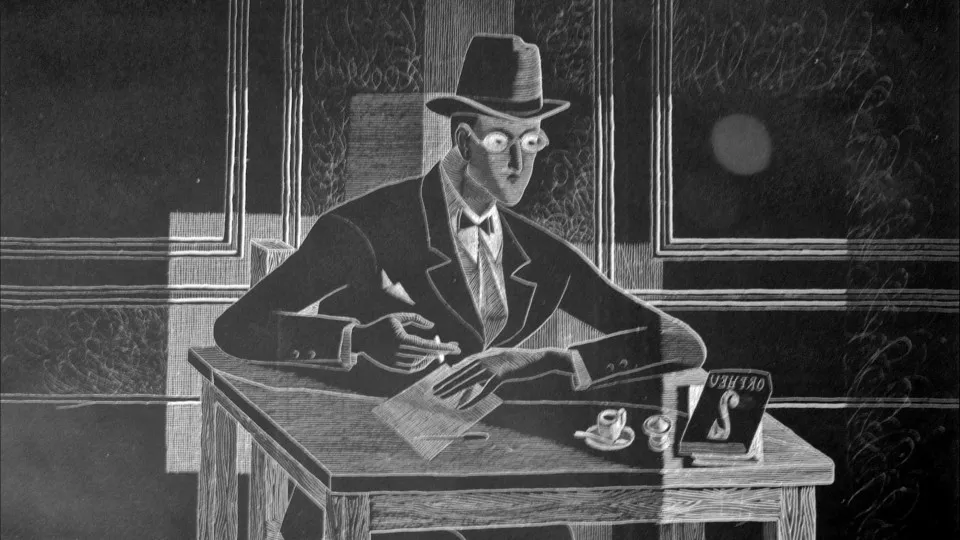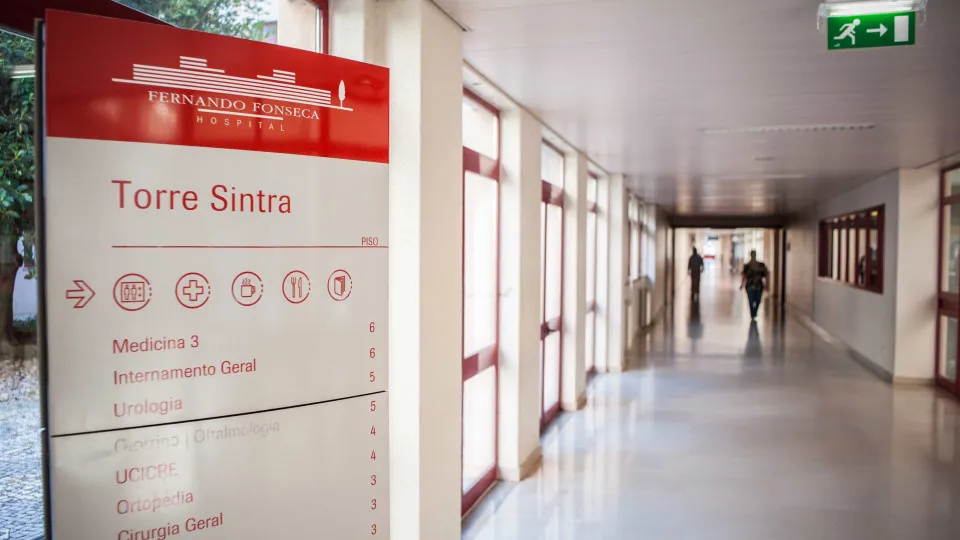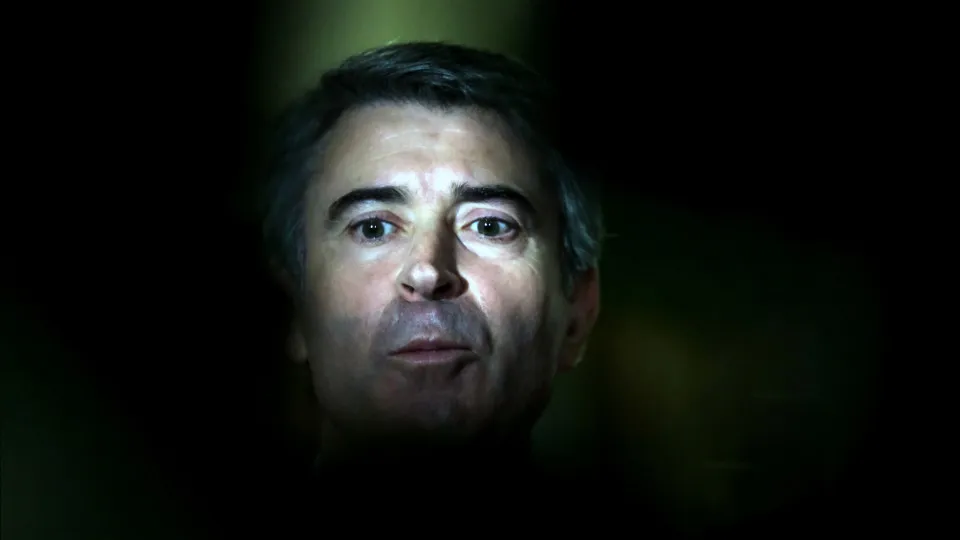
“The Arab soul is the essence of the Portuguese soul,” wrote the poet, as cited by researcher Fabrizio Boscaglia, who recently released the work “The Arab Sage,” featuring texts by Fernando Pessoa on Arab-Islamic civilization.
The poet’s relationship with Islamic culture “surprises us, although the fact that Pessoa surprises us is not surprising,” commented Fabrizio Boscaglia, in statements to Lusa.
Pessoa sought “to value Portugal and Portuguese identity, but in pursuit of a future of spirituality, culture, and universal consciousness,” he added, rejecting some “reductionist interpretations” that attempt to associate the poet strictly with a nationalist vision.
The poet “loves Portugal, but sees in the future of humanity a fifth empire of spirituality, strongly universalist,” so “we cannot confine Pessoa within an ultra-nationalist and xenophobic circle.”
“The Arab-Islamic civilization, particularly in al-Andalus, made significant contributions to the history of culture, in Portugal, the Iberian Peninsula, Europe, and the world,” Boscaglia writes in the introduction to the work.
Throughout history, Portuguese intellectuals have had a “certain ambivalence” in relation to the country’s Islamic heritage, fluctuating between detachment and enthusiasm.
“There are intellectuals who view Arab and Islamic culture as something integral to the Portuguese identity,” and Pessoa is part of this tradition, explained the Arco Ribeirinho Health Unit (ULSAR).
Fernando Pessoa “considers the Arab-Islamic civilization as one that successfully re-elaborated the best of ancient and medieval culture, a noble, scholarly, and tolerant civilization,” explains the researcher, challenging the “stereotypical paradigm” of viewing Islamic culture as inferior.
“He is an author who tries to see a bit further, and there is also in Pessoa, as in Agostinho da Silva or Paulo Borges, the idea that civilizations are somewhat porous and influence each other,” leaving it to the “intellectual to understand this complexity.”
Thus, the “thought of Fernando Pessoa is tolerant, cosmopolitan, and universalist,” considered the researcher, who insisted: “I do not see Pessoa in these radical and Islamophobic narratives” that exist today.
Fabrizio Boscaglia acknowledges that Islamic studies exist in Portugal but remain behind other European countries, which he lamented, especially in a region that was part of al-Andalus.
In Portugal, the “academic and university tradition of Arab and Islamic studies is more limited than in other European countries,” but “Portugal has a history where this heritage and Islamic legacy are particularly significant,” highlighted the researcher.
“The first centuries of Portugal, even as an independent country, were times of coexistence with the Islamic community. These Muslims were Portuguese,” he recalled.




